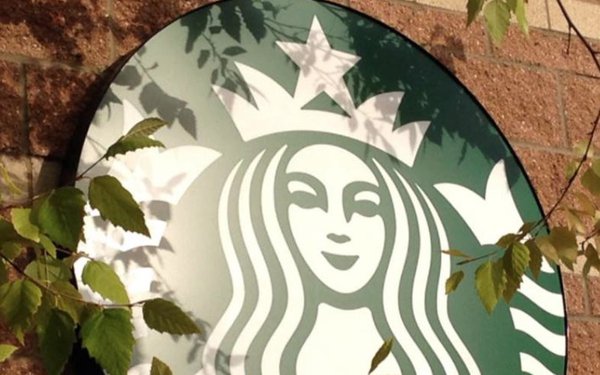
Starbucks is rolling back a 2018 policy that
essentially offered anyone who needed a restroom or a place to sit the ability to come into the coffee shop without having to spend money.
Now, in order to do those things, people will first
have to buy something, according to a letter sent to store managers on Monday.
“The new policy, outlined in a Code
of Conduct, will be enacted later this month and applies to the company’s cafes, patios and bathrooms,” according to The New York Times. “Before implementation of the new policy begins on
Jan. 27, store managers will be given 40 hours to prepare stores and workers, according to the company.”
advertisement
advertisement
The Wall Street Journal reports that the policy will be implemented at the more than 11,000 Starbucks stores in North
America, and will require a three-hour training session for staff.
The changes come as the company responds to declining sales and falling stock prices.
"The code of conduct will also ban discrimination or harassment, consumption of outside alcohol, smoking, vaping, drug use, and panhandling, the Seattle-based coffee chain
announced,” according to USA Today. “Starbucks spokesperson Jaci
Anderson said the policy reversal is designed to help prioritize paying customers.”
NPR used the clever headline “No Such Thing As A Free Toilet."
“It's among the changes new CEO Brian Niccol has made in an attempt to turn around the coffee giant's lackluster performance with sales steadily falling for months," according to NPR. “His other priorities include faster drink turnarounds and a simpler
menu.”
Liberal access to facilities was put in place after one of the company’s biggest-ever PR disasters.
"The open-door policy began in 2018
after two Black men were arrested at a Philadelphia location while waiting for a friend,” according
to CNN Business. “One of the men said he asked to use the restroom shortly after walking in and was told it was only for paying customers. The incident was caught on camera.”
In 2022, Starbucks’ former CEO Howard Schultz said it might not be able to keep its bathrooms open, blaming a growing mental health problem that poses a threat to its staff and
customers.
“That same year, Starbucks closed more than a dozen locations, primarily located in downtown spots, citing safety concerns,” per CNN Business.